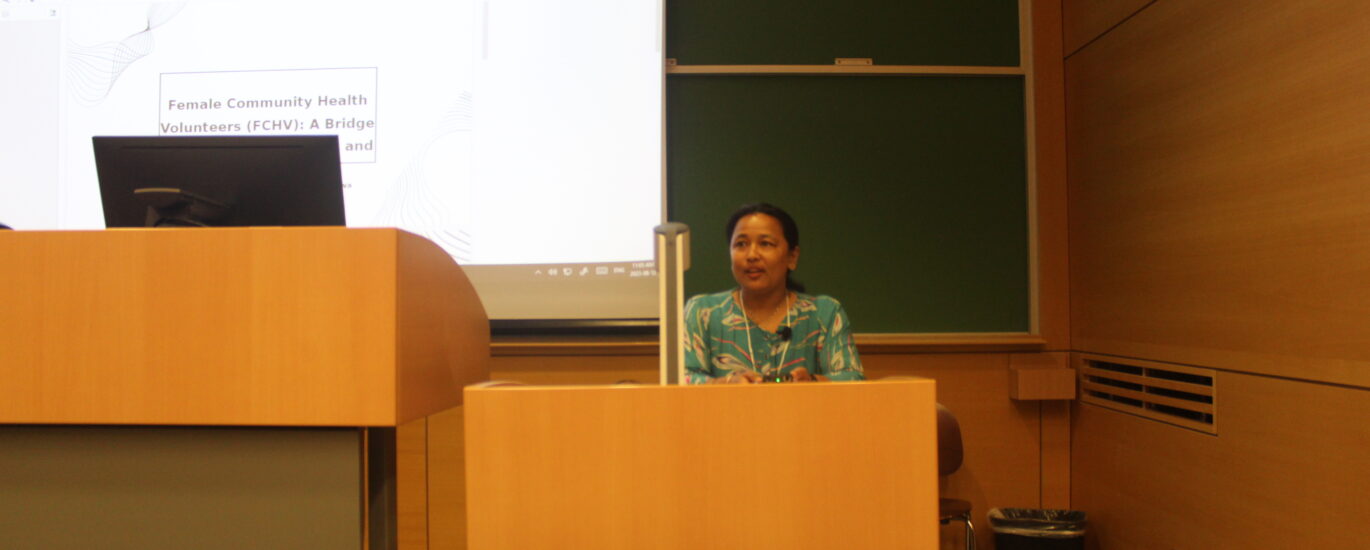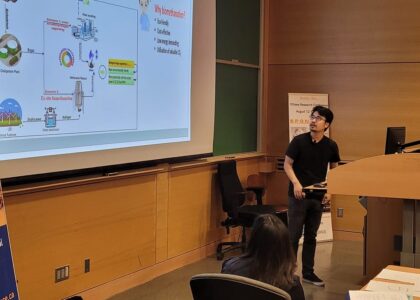Amiti Bista.
Nepal is a small country filled with ethnic, cultural, and topographic diversity. In recent history, economic and social inequality has coalesced with this diversity to create massive instability in the country. For instance, Nepal experienced a civil war from 1996 to 2006. The war was sparked by political tension between the monarch and Maoist insurgents. However, the war is also the manifestation of massive regional inequality and growing frustration. Prior to the war, mountainous rural areas of Nepal had significantly lower economic opportunities and political representation. Moreover, these areas had poor access to public goods such as healthcare and education (Sharma 1239 and 1243??). These factors compounded to create drastically different standards of living across Nepal’s diverse regions.
Today, regional divergence remains a social issue in Nepal. Rural areas continuously suffer from low economic development and limited opportunities. These dynamics have only been exacerbated by recent waves of rural out-migration (Ojha et al., 159?). To protect Nepal’s social and political harmony, it is crucial to consider strategies to address inter-regional disparities.
Against this socio-political backdrop, the Female Community Health Volunteers (FCHV) program presents a beacon of hope. The program was developed in the 1980s and remains operational throughout Nepal. Through the program, communities elect female health volunteers to receive health care training and resources. These volunteers often conduct educational services alongside resource delivery to promote maternal health. The FCHV program is one of the few successful examples of volunteer-based community health. Since its introduction, the program has significantly reduced maternal and child mortality in rural areas (Panday ##??). Given this background, this paper inspects: Can Female Community Health Volunteers (FCHV) promote social and political stability in Nepal?
This paper argues that the FCHV program addresses the symptoms of regional disparity. However, the program does not acknowledge or address the root causes of regional disparity and discontent. Moving forward, the program should engage central and municipal states to target underlying regional barriers.
View/Download the presentation from here.
Keywords: Nepal, Regional divergence, Female Community Health Volunteers, Civil society development
Author: Amiti Bista
Carleton University, Ottawa, Canada






